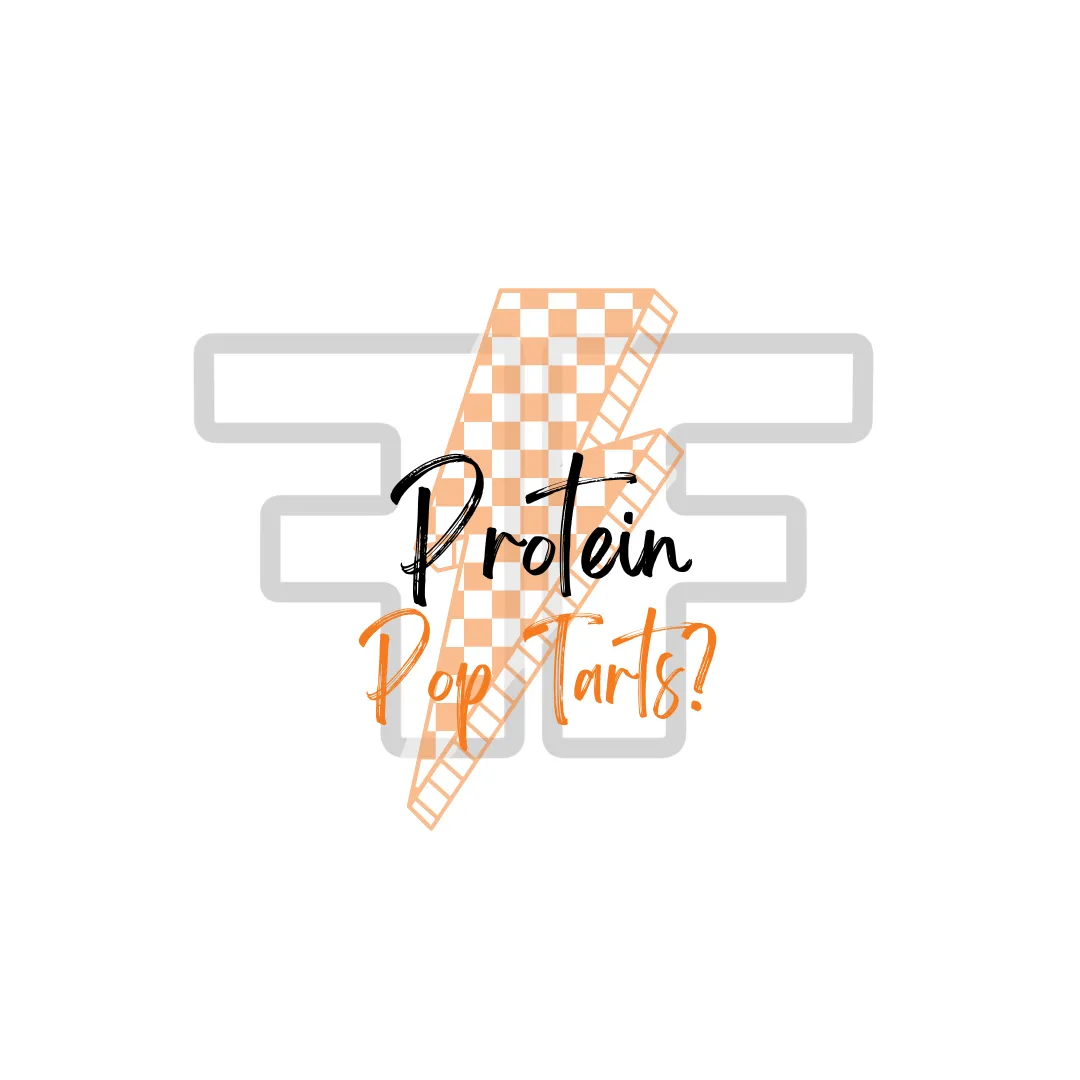
Protein Pop Tarts?
Are Protein Pop Tarts a Health Food?
In the ever-growing world of health foods, it's easy to get swept up by enticing labels and catchy marketing terms. Words like "organic," "vegan," and "keto-friendly" are plastered on packages everywhere, promising a healthier option. But how often do we flip those packages over and check what's really inside? In this post, we'll explore how deceptive marketing is used in the food industry and share some tips on how to make better-informed choices.
The Salad Dressing Trap
Salad dressings are a perfect example of deceptive marketing. You might pick up a bottle labeled "Made with Extra Virgin Olive Oil," thinking you've found a healthy option. But have you ever checked the ingredient list? Often, extra virgin olive oil is just one of many oils in the bottle, and it's not even the primary ingredient. Instead, you'll likely find cheaper oils like soybean or cottonseed oil listed first. The truth is, the order of ingredients matters—what's listed first makes up the majority of the product, while what's listed last is the least.
Misleading Labels: More Common Than You Think
Candy bars advertised as "vegan" or "paleo" might make you think they're a healthier treat. But what if those candy bars were always vegan? Companies often slap these labels on products that haven't changed a bit, using trendy health terms to attract more customers. A classic example is Reese's, which has always been vegan, but now markets itself as such to capitalize on the trend.
The same goes for the "keto" label. Just because a product is labeled keto-friendly doesn’t automatically make it healthy. Keto foods are typically higher in fats, so if you're not careful, you could easily overconsume calories by eating them alongside your regular diet. The key takeaway here? Don’t be fooled by buzzwords. Always check the nutrition facts and ingredients list to see what you're really getting.
The Zero-Calorie Myth
Have you ever come across salad dressings that boast "zero calories"? While this might sound like a dieter's dream, it’s actually a red flag. Food that’s naturally supposed to have calories, like salad dressing, should have some form of calorie content. If it doesn’t, that likely means it’s packed with artificial ingredients, chemicals, or fillers that may not be beneficial for your health. Remember, calories aren’t the enemy—our bodies need them to function. The goal should be to consume the right amount of calories from quality ingredients, not to avoid them altogether.
The Protein Pop Tart Phenomenon
Protein pop tarts are a new player in the health food market, marketed as a more nutritious alternative to traditional pop tarts. Legendary Foods, for instance, offers a variety of flavors, each claiming 20 grams of protein and just 4 grams of net carbs. But is it really that simple?
Let’s break it down. The front of the package proudly highlights the protein content and low net carbs, but what about the rest of the nutrition facts? One serving, which is a single pastry, contains 8 grams of fat. That might not seem like much, but it's essential to look at the whole picture. If you’re focusing solely on the high protein content without considering the rest, you might be missing out on other important details, such as the total calorie count or the presence of artificial ingredients.
Flip It Over and Read the Label
The moral of the story? Don't just rely on the front of the package. Marketing is designed to sell, not to inform. If you want to make healthier choices, you need to flip the package over and read the ingredient list and nutrition facts. Pay attention to the order of ingredients, the serving sizes, and any additives or artificial ingredients that might be hiding in your food.
Making better choices doesn’t have to be complicated. By taking a few extra seconds to read labels and understand what you're consuming, you can avoid falling for deceptive marketing tactics and make informed decisions that align with your health goals.
So next time you're grocery shopping, remember: don’t judge a food by its packaging—dig a little deeper and let the ingredients speak for themselves.
